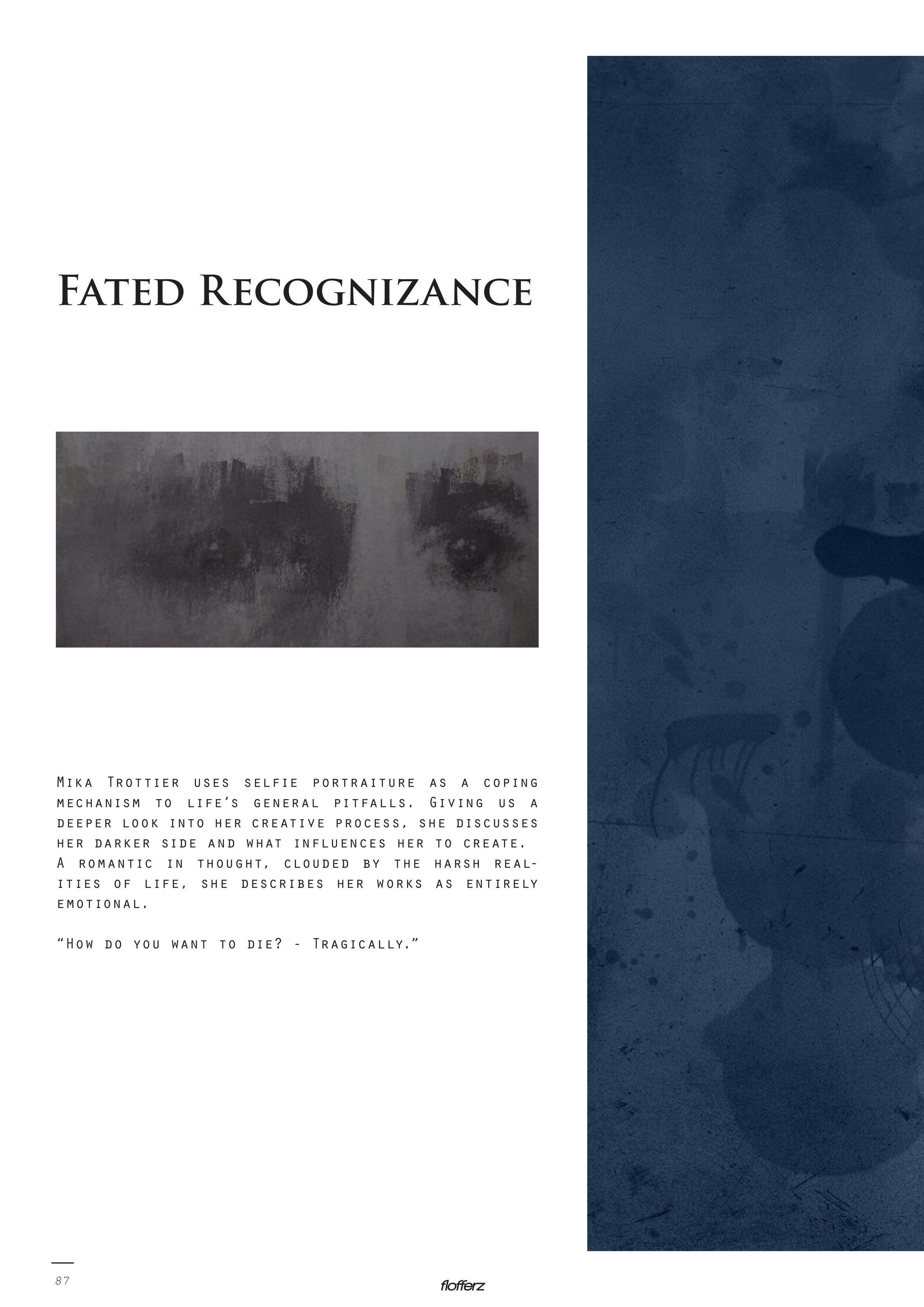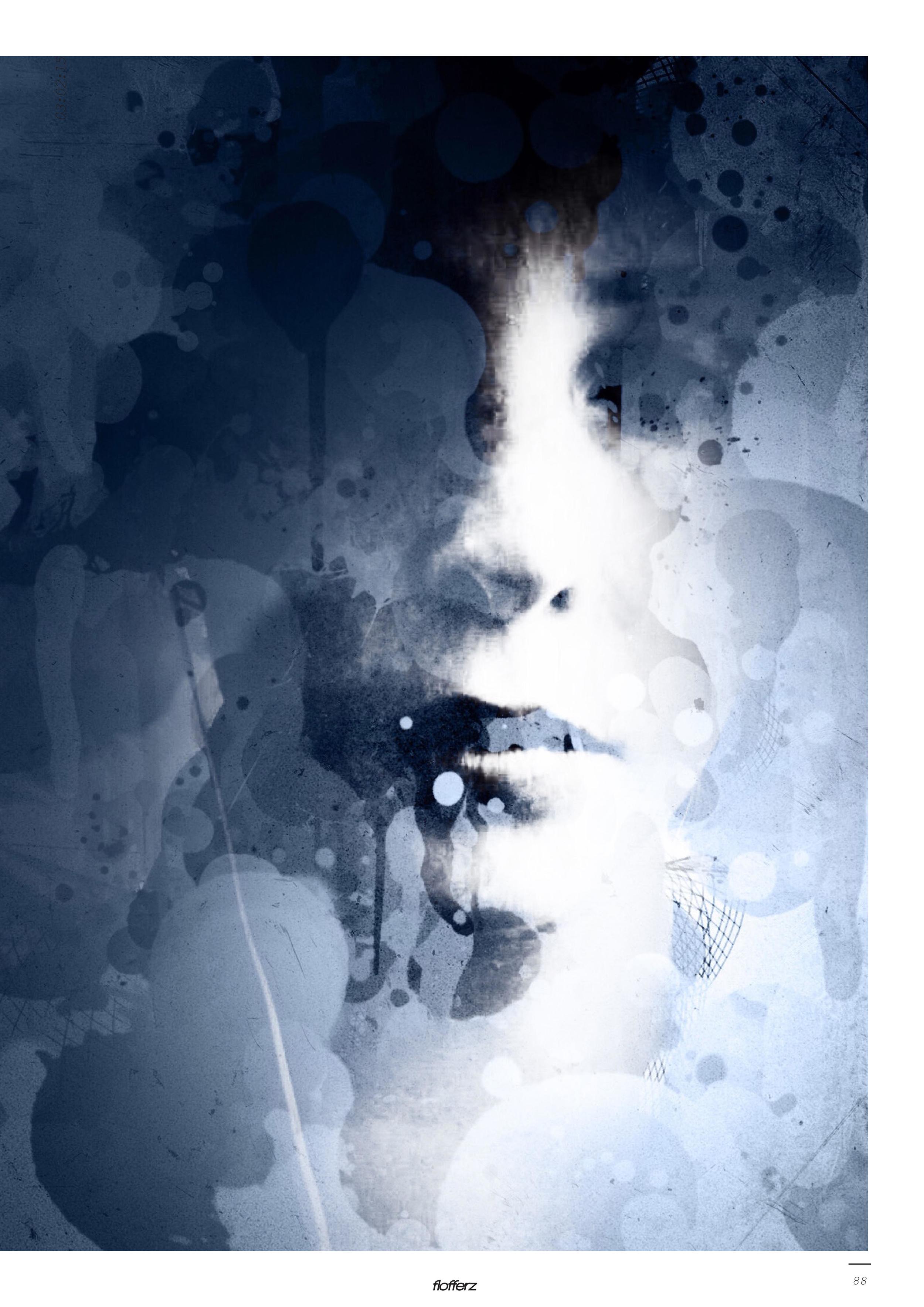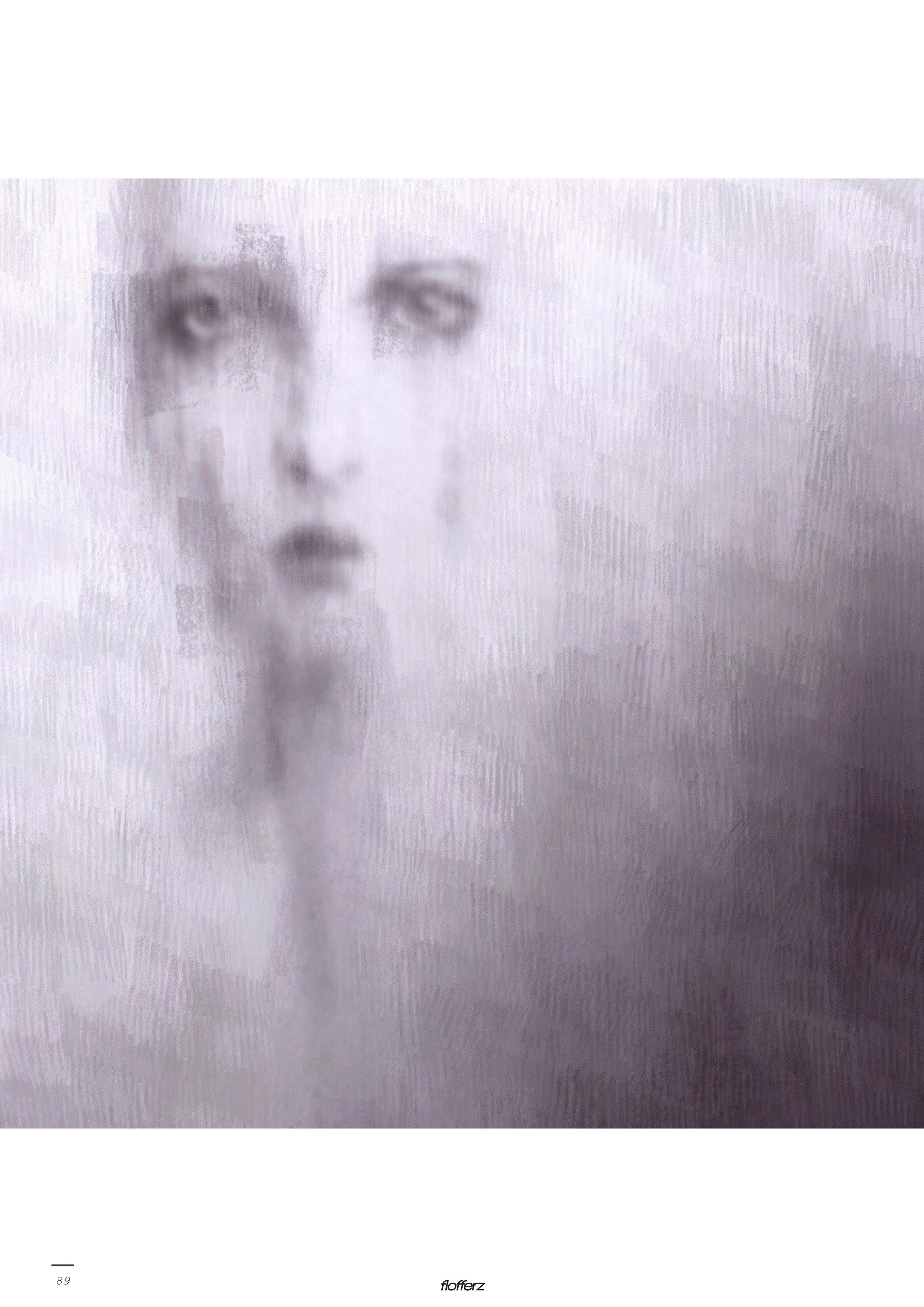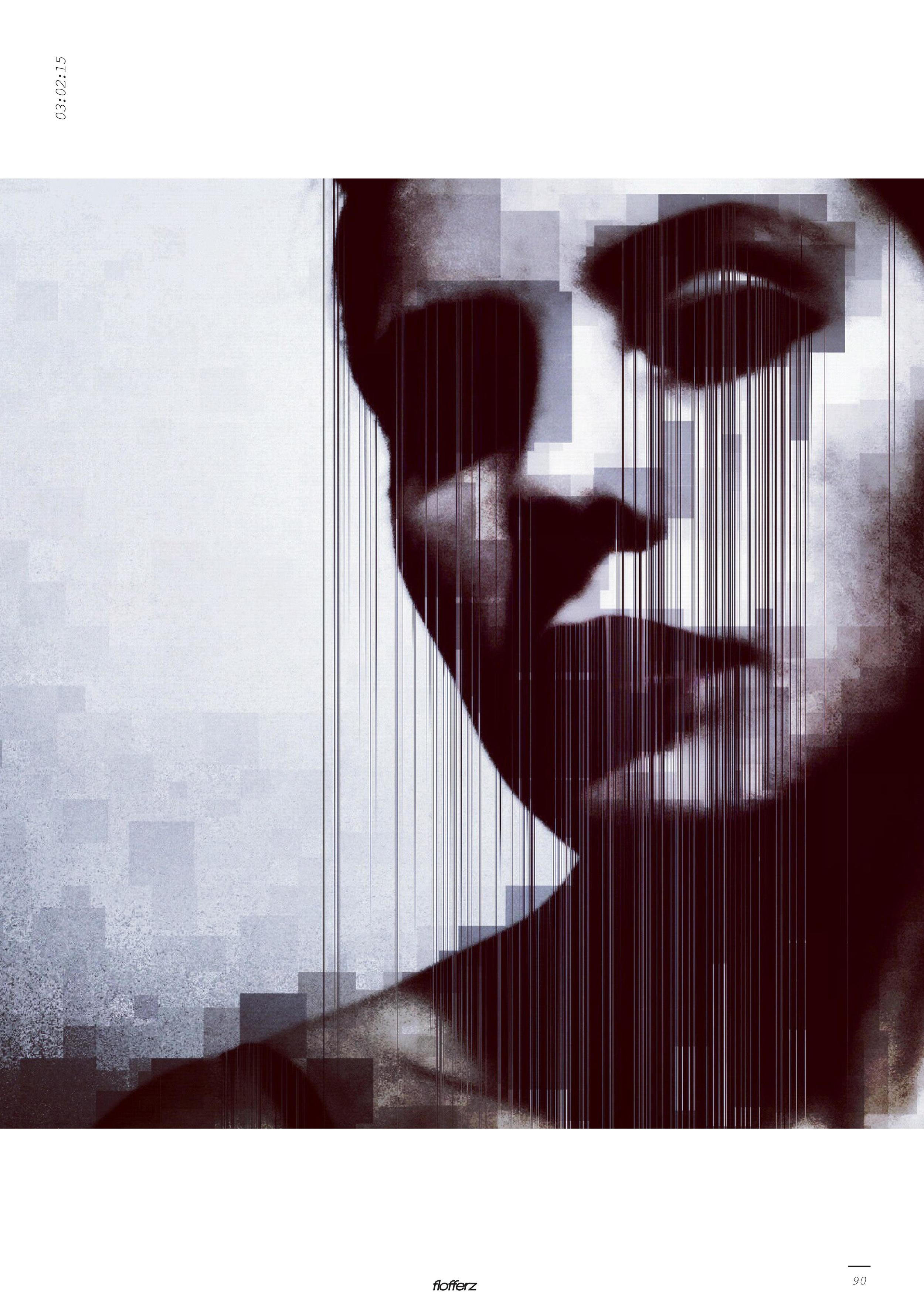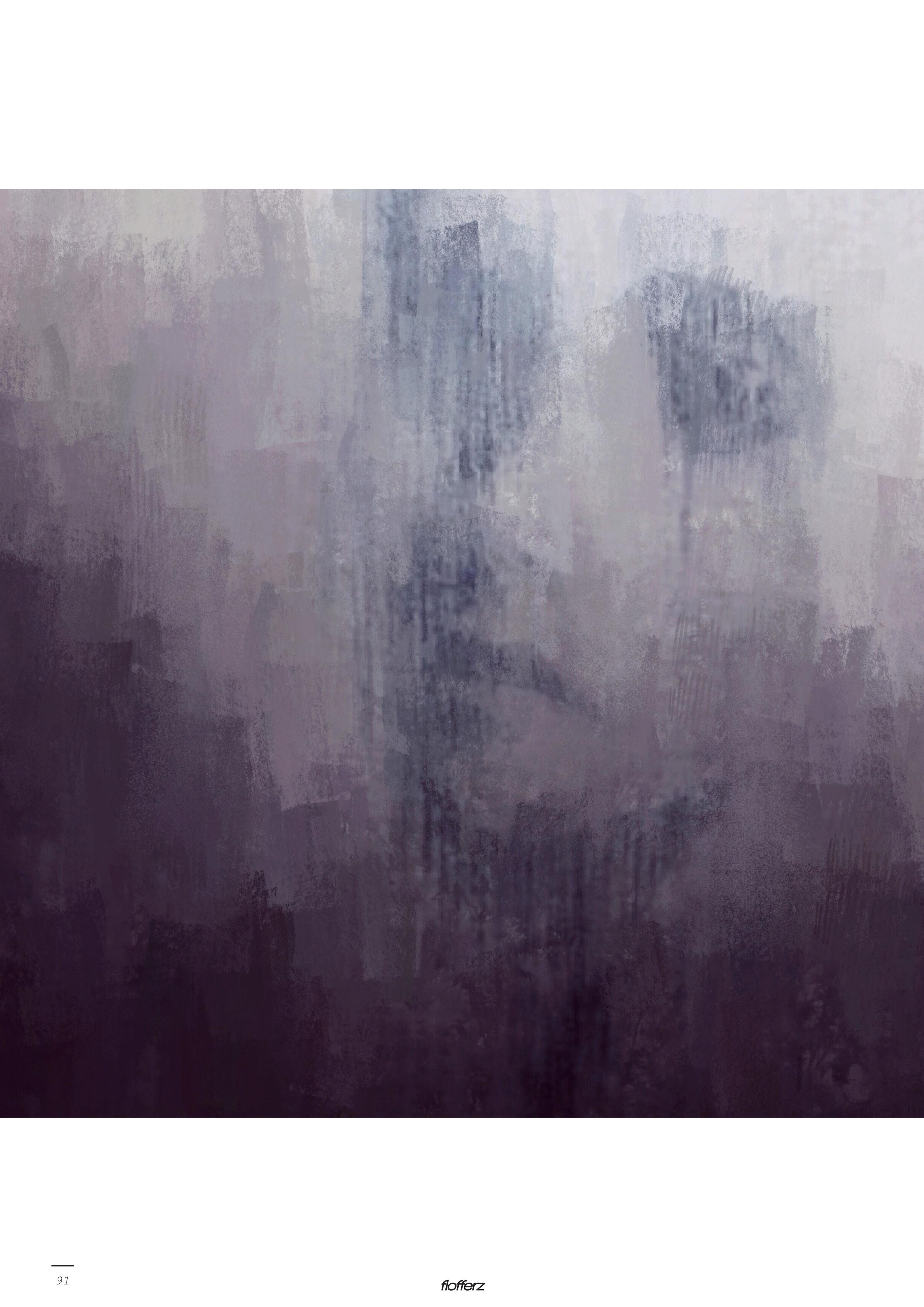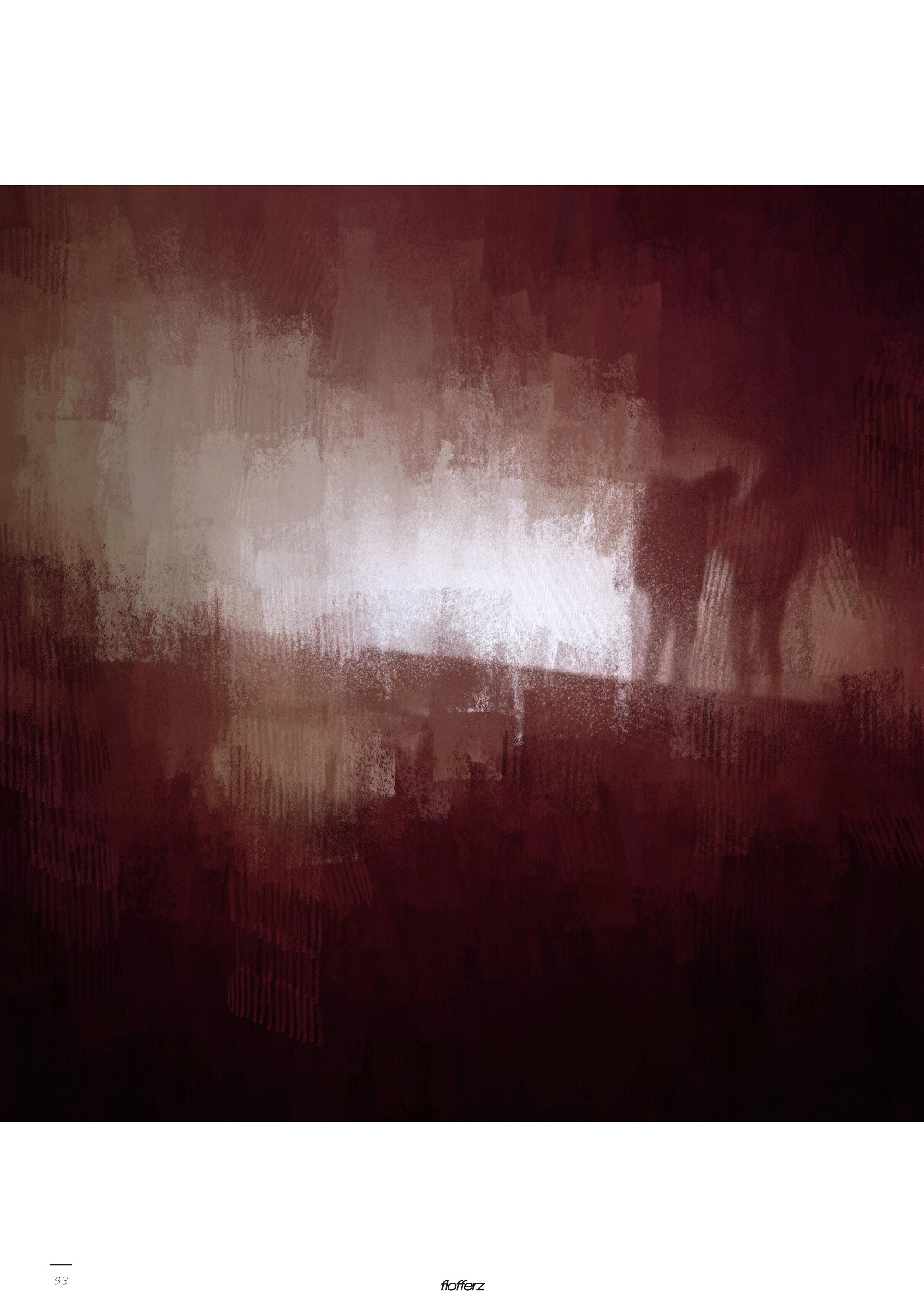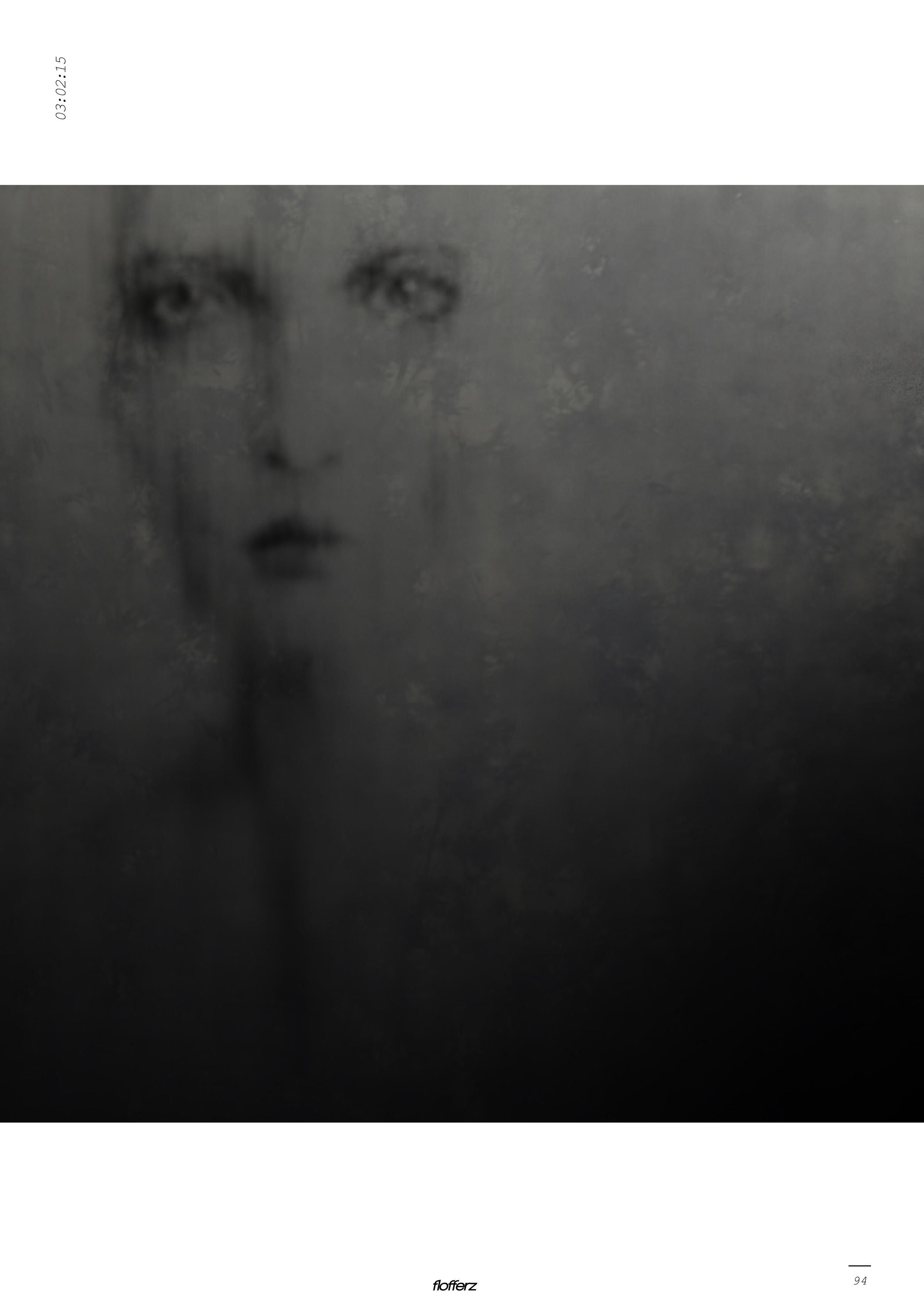Full Name: Mika Trottier
Instagram: @mikapedia
DOB: 16.02.1986
Current Location and where you come from? Currently based in Ottawa, Ontario, I live to travel. I grew up in the Yukon.
How do you describe your art? Fine arts portraiture meets iPhoneography.
Can you elaborate more on your processes? I use only my iPhone to create pieces – from the original photograph(s) to the final edit. I use a series of applications with no set process.
It is art by trial and error.
I sometimes have a clear vision, and other times the end result is shaped entirely by experimentation. Some pieces are created in an hour and some take days. There is no real methodology to it, it’s a fortunate mix of inspiration and mood.
How did you start? I studied formally in high school and have always been into art. I started experimenting with mobile photography about three years ago.
What made you gravitate towards mobile photography? I love the ease of it all. As a medium, it is incredibly accessible and experimental in nature. There is certain spontaneity about having a tool at the – literal – tip of your fingers for when the inspiration strikes. I’ve also found the online community of mobile photographers to be incredibly inspiring and mutually supportive.
You focus mostly on auto portraits with your art, what message does it have? I’ve always been drawn to portraiture. There’s an aspect of human connection that can be striking in portraits compared to other forms of art. Truthfully, I don’t over-think the messaging behind the pieces: my face just happens to be the closest thing to my phone when I find myself with time and inspiration.
There’s no overarching message and no analogy or driving force. My work is rooted in my emotion and I hope that there is a level of raw vulnerability that comes through it. The process of exposing this version of myself can be equally thrilling and yet terrifying.
Do you do other kinds of photos? I dabble in architectural photography and I occasionally like to capture natural landscapes. I am fascinated by the dichotomy of urban and natural elements in photography. This also translates into the juxtaposition of technological and anthropomorphic components in my portraits.
What makes a self portrait different than a selfie? A selfie is a subdivision of self-portraiture. I think both involve a level of introspection. Both are biased. Both are egotistical.
As an artist, the self is a fascinating subject, and a challenge to capture. The self-portrait is intertwined with your own perception; it is laced with ideas of who you are and who you want to be.
Has selfie culture influenced how you work? I wouldn’t call myself a selfie pioneer, but I have to admit I was “selfie-ing” when film cameras were the only option. I don’t think my work has been impacted by its recent popularity.
From a psychological standpoint, I do find selfies fascinating. There’s a tangible cultural impact of this phenomenon: it truly has affected how we perceive ourselves and how we chose to capture memories.
How do you feel about your sexuality as a woman? Equally empowered and filled with self-loathing? I struggle to encapsulate the complexity of it in a sentence, but I certainly see how it translates into all aspects of life, including the creative process.
Why do you most focus on your face and your eyes? By default; my arm can only reach so far.
What is your definition of beauty? Simplified complexity. Balanced asymmetry.
When do you feel the need to take your next picture? When inspiration strikes. It can be as simple as a brick wall, or as breathtaking as the ocean. Sometimes it’s not even about the subject matter; the desire to capture and share something is driven by crude emotion.
How do you feel when you finish a shoot? I wouldn’t package anything I photograph as “a shoot”. I spend all day capturing bits and pieces of things I like, and I mash them together when I feel inventive. My inspiration is cyclical: something I feel the need to create often, but I also take hiatuses, which can last months.
What influences you to create? Feelings - usually not positive ones. Art is a release.
Who is your muse? The Internet.
Other profession: Project and Account Manager. I manage technology and digital marketing projects.
Does your job have an impact on your art? Absolutely. I’m submerged in new technology and surrounded by creative minds. It’s equally exhausting and inspiring.
What advice could you give us based on an experience that changed your life? Embrace the journey. It is something I've learnt while travelling.
Can you actually tell us a personal story that happen to you that changed your life? I’m an academic at heart, and I’ve always been highly driven in my career. I chose to travel over pursuing post-graduate studies and it was difficult for me to accept my own perceived failure and fear of the unknown. I’ve since learnt to appreciate the uncertainty. There’s a strange comfort in having the ability to shape your own path.
What is your largest flaw? Striving for perfection.
Where is the line between insanity and creativity? It doesn't exist. Taste and sanity are equally relative concepts.
What makes you, you? A clever blend of cynicism, humour and sarcasm.
What is reality? Reality is perception: it’s clouded by bias.
What is true strength? The courage to admit weakness, and the willingness to learn.
What defines you? A drive for creativity and freedom.
What is beauty? Fleeting. Ephemeral. Unattainable. And always in the eye of the beholder.
How do you want to die? Tragically.
FLOFFERZ

